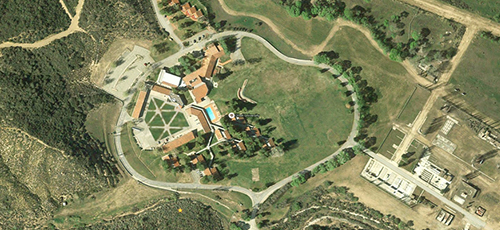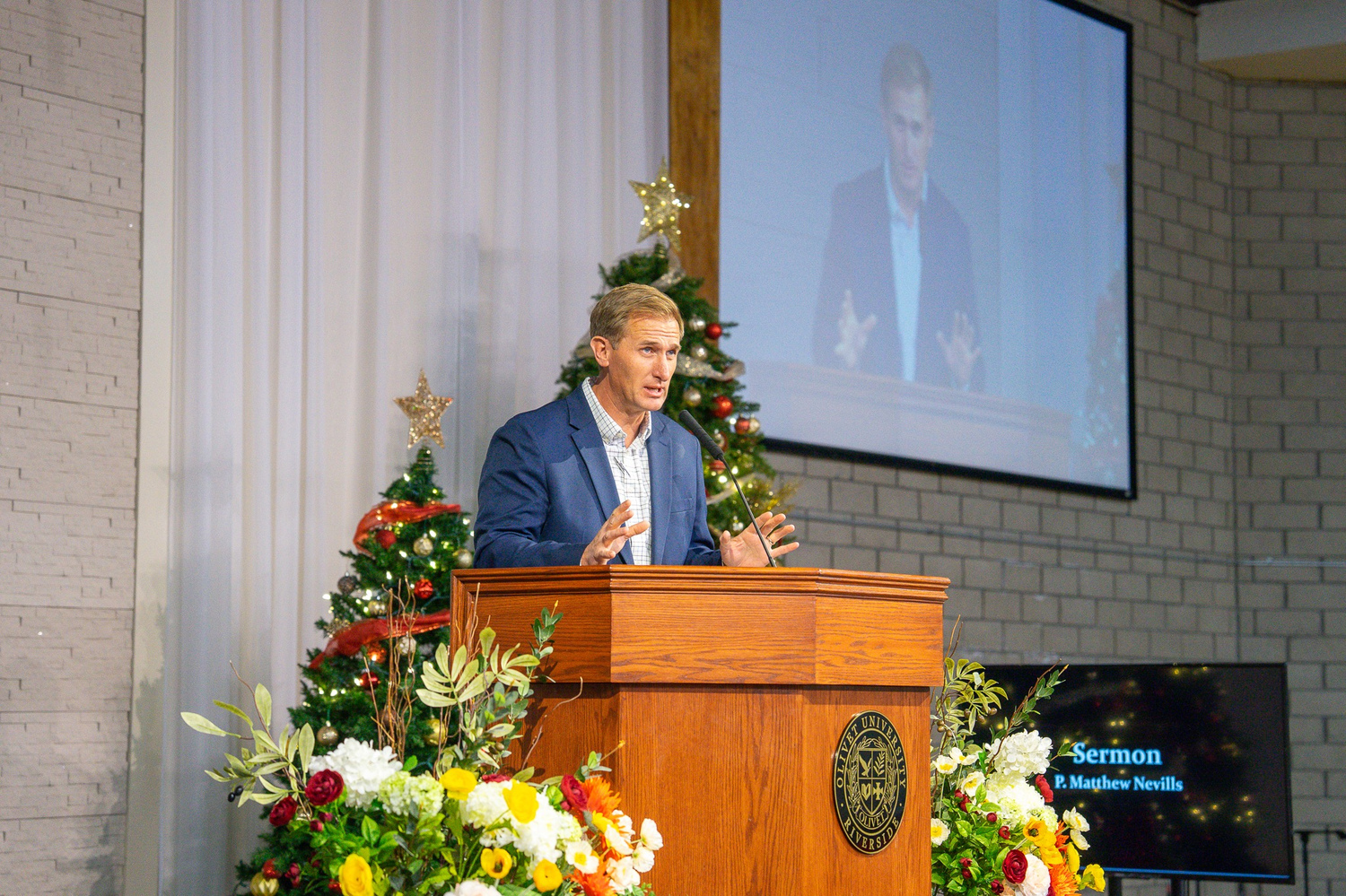Dear Sophie Column: What Is the Mystery of the Cross?
November 13, 2025
The call to repentance in the New Testament reveals the transformative power of the cross, the moment in which humanity becomes aware that it has resisted and rejected divine love as revealed in Christ. Repentance, in this context, is not merely an ethical correction or moral reform but a profound recognition of humanity’s participation in the suffering and rejection of the incarnate Word. Yet within this recognition, divine mercy is disclosed. The site of ultimate sin becomes the locus of ultimate grace, as the reality of human estrangement is met by the unmerited compassion of God.
The cross presents a convergence of two interrelated realities. First, it is the willing and redemptive self-offering of Christ, undertaken in obedience and love for the salvation of the world. Second, it is the violent and unjust act of human rejection, the fullest expression of humanity’s alienation from God. The cross therefore stands as both revelation and indictment: it unveils the depth of divine love and simultaneously exposes the depth of human sin. Within this paradox lies the mystery of salvation, in which death becomes the channel of life and divine judgment becomes the means of grace.
To carry “the death of Jesus” in one’s life, as Paul describes, is to enter into this mystery in a participatory and transformative way. It involves more than historical remembrance; it signifies a mode of existence shaped by humility, obedience, and self-giving love. The believer’s life becomes a living manifestation of the death and resurrection of Christ, in which the life of Jesus is made visible through the continual surrender of the self.
This mystery cannot be adequately captured by purely doctrinal or juridical formulations. When the cross is reduced to a legal transaction or abstract theory of atonement, its existential, relational, and moral dimensions are obscured. The crucifixion is not only an event accomplished for humanity but also a revelation of humanity’s condition and calling. It confronts the human capacity for sin even as it unveils the inexhaustible mercy of God. The cross thus demands ongoing repentance and renewal within the life of the Church. It is at once judgment and restoration, sorrow and hope, death and life. In the cross,
God transforms the most profound act of injustice into the supreme revelation of divine love. This constitutes the central paradox of the gospel: that life emerges from death, and that within the place of humanity’s deepest failure, divine grace attains its fullest expression.
-----
About DEAR SOPHIE
Dear Sophie aims to bring timeless theological insights, thoughtful reflections, and practical guidance to Christian life.The name “Sophie,” derived from the Greek Sophia (σοφ?α), means “wisdom.” In ancient Greek philosophy, Sophia symbolized knowledge and discernment, while in Christian theology, she is sometimes seen as a personification of divine wisdom. With this rich heritage, Dear Sophie seeks to offer clarity, understanding, and spiritual insight, helping readers connect theological studies to their everyday lives.
For more Olivet University News visit www.olivetnews.com






 University Students Volunteer at Mountain Center Nonprofit
University Students Volunteer at Mountain Center Nonprofit OU Riverside Hosts Sermon Series Speaker on Faithful Service and Reconciliation
OU Riverside Hosts Sermon Series Speaker on Faithful Service and Reconciliation


